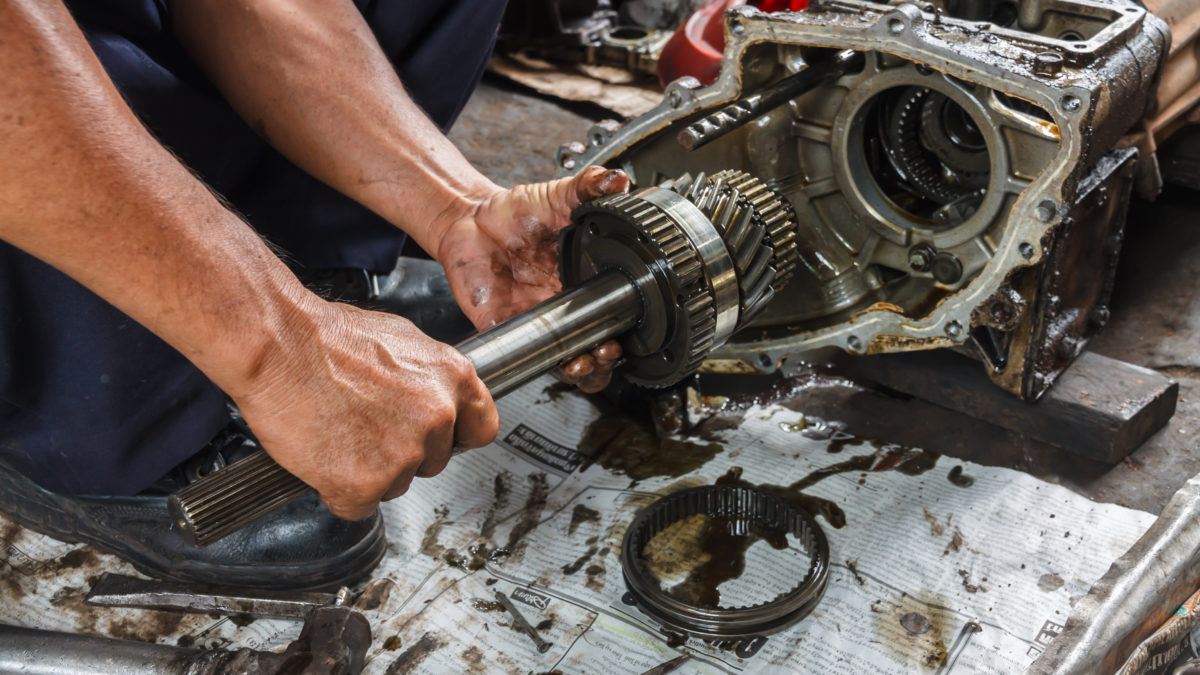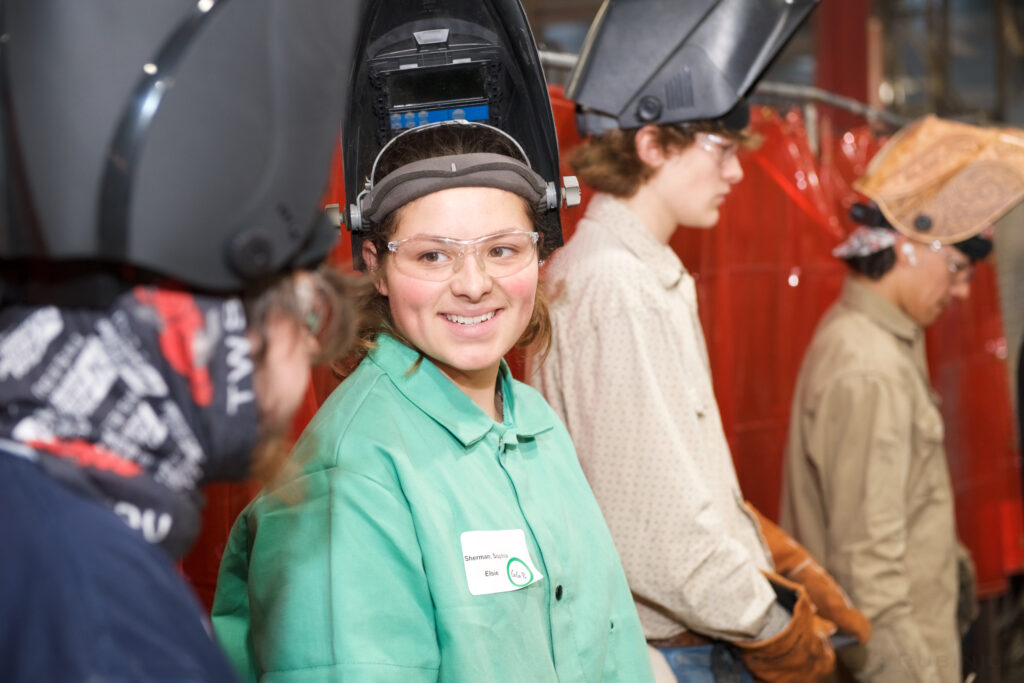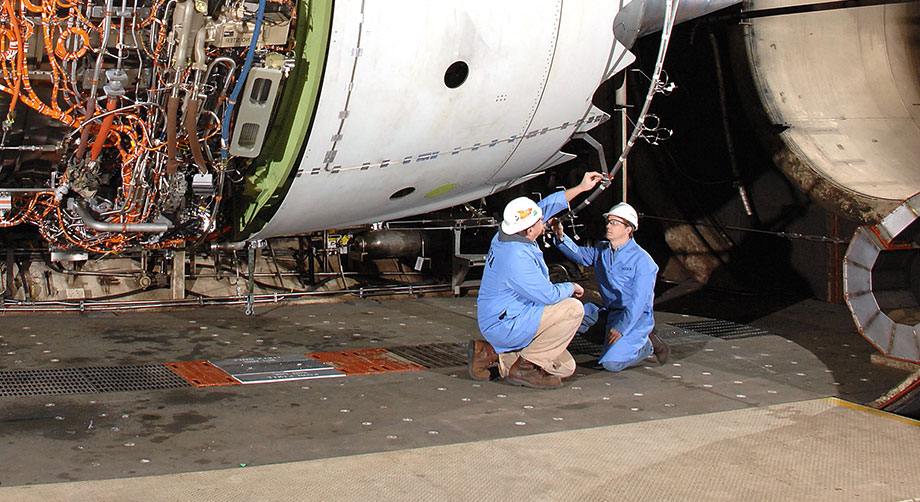What is the difference between light duty and heavy duty diesel technology?
What is the difference between light-duty and heavy duty diesel technology?
Diesel technology is a popular choice for many who are planning a career in the automotive industry. And if you’re considering a career in diesel technology, one of the decisions you’ll need to make before choosing a training program is whether to pursue light duty or heavy duty diesel technology.
Light duty vs. heavy duty diesel
In spite of using the same diesel technology, there is a big difference between light-duty and heavy-duty diesel technology—namely, size!
Heavy-duty diesel vehicles typically include gear such as industrial, agricultural, construction, power generation, and manufacturing equipment—or commercial vehicles that weigh over 10,000 pounds—while light-duty diesel vehicles are the cars and trucks you’re more likely to see out on the road. Those light-duty vehicles include both diesel engine passenger cars and big pickup trucks that weigh up to 10,000 pounds.
The difference at work
Many light duty diesel techs find work in many of the same places as other automotive technicians: dealerships, repair shops, auto manufacturers, and parts and accessories stores.
But heavy duty diesel technicians are more likely to work in environments related to truck transportation, wholesale trade, or government agencies.
In both cases, diesel technicians may work primarily in one location or spend time working—and especially performing repairs—at remote locations, including roadsides or worksites. Many techs work regular hours, but with weekend, evening, or holiday work (or on-call time) as needed.
Other differences to consider
Besides the differences in work environment and the types of vehicles or equipment you’ll spend your time with, consider how choosing a specialization in either light duty or heavy duty might otherwise affect your career.
For instance, the types of technology you’re trained to work on can affect where the most available jobs are (more jobs related to agricultural diesel equipment may be found in the Midwest, rather than on a coast) or what types of career paths could be available in your future (it may be easier to transition to general automotive work from light-duty than from heavy-duty experience).
Looking for a school that can help you choose between light-duty and heavy-duty diesel technology—and help you begin a career training program? Our friends at Universal Technical Institute are here to help!
More on Mechanical Sciences
Let’s Talk Picking the Right Trade School with Universal Technical Institute
Let’s Talk Picking the Right Trade School with Universal Technical Institute: SEASON 5, EPISODE 3 MORE FROM OUR EPISODE ON picking the right career school with universal technical institute Find Your Perfect Training Program At UTI, our mission is to prepare technicians for the careers…
Let’s Talk Women in Welding with Tulsa Welding School
Let’s Talk Women in Welding with Tulsa Welding School: SEASON 5, EPISODE 2 MORE FROM OUR EPISODE ON Women in welding WITH tulsa welding School Contact TWS — Houston, TX Click Here For A Virtual Tour! Location 243A Greens Rd. Houston, TX 77060 Contact tulsa…
Let’s Talk Aviation with Spartan College of Aeronautics and Technology
Let’s Talk Aviation with Spartan College of Aeronautics and Technology: SEASON 5, EPISODE 1 MORE FROM OUR EPISODE ON aviation CAREERS WITH SPARTAN COLLEGE OF AERONaUTICS AND TECHNOLOGY Contact Spartan College — Tulsa Main Campus Click Here For A Virtual Tour! Location 8820 East Pine…
Leave a Reply Cancel reply
- - ADVERTISEMENT - -
Categories
- Alumni Series (13)
- Automotive (57)
- Aviation (15)
- Business (14)
- Business & Arts (18)
- Career College Expositions (7)
- Career Development (96)
- CCC Blog (1)
- CCC Podcast (9)
- College Resource (90)
- College Showcase – Lincoln Tech (6)
- College Showcase – New Jersey (8)
- College Showcase – Pennco Tech (1)
- College Showcase – Universal Technical Institute (2)
- Continuing Education (154)
- Cosmetology (3)
- Counselor Resources (108)
- Criminal Justice (3)
- Dental Assistant (2)
- Education (109)
- Financial Literacy (17)
- Health Sciences (50)
- Heritage Series (3)
- High School Recruitment Series (4)
- Housing Series (10)
- HVAC (8)
- Imagine America Scholarships (12)
- Information Technology (17)
- Massage Therapy (5)
- Mechanical Sciences (109)
- Medical Assistant (12)
- Millennial Student Series (4)
- News (11)
- Nursing (22)
- Online education (13)
- Pandemic Proof Series (4)
- Personal Finance (17)
- Podcast (90)
- Research (11)
- Road Map Series (2)
- Scholarships (12)
- Social Media Series (4)
- Strata Tech (3)
- Student Success (29)
- Study Tips (3)
- Time Managment (1)
- Top 10 (10)
- Trucking (2)
- Uncategorized (14)
- Universal Technical Institute (19)
- Veteran Affairs (8)
- Welding (24)
- Women in Skilled Trades (3)
Tags
- - ADVERTISEMENT - -






